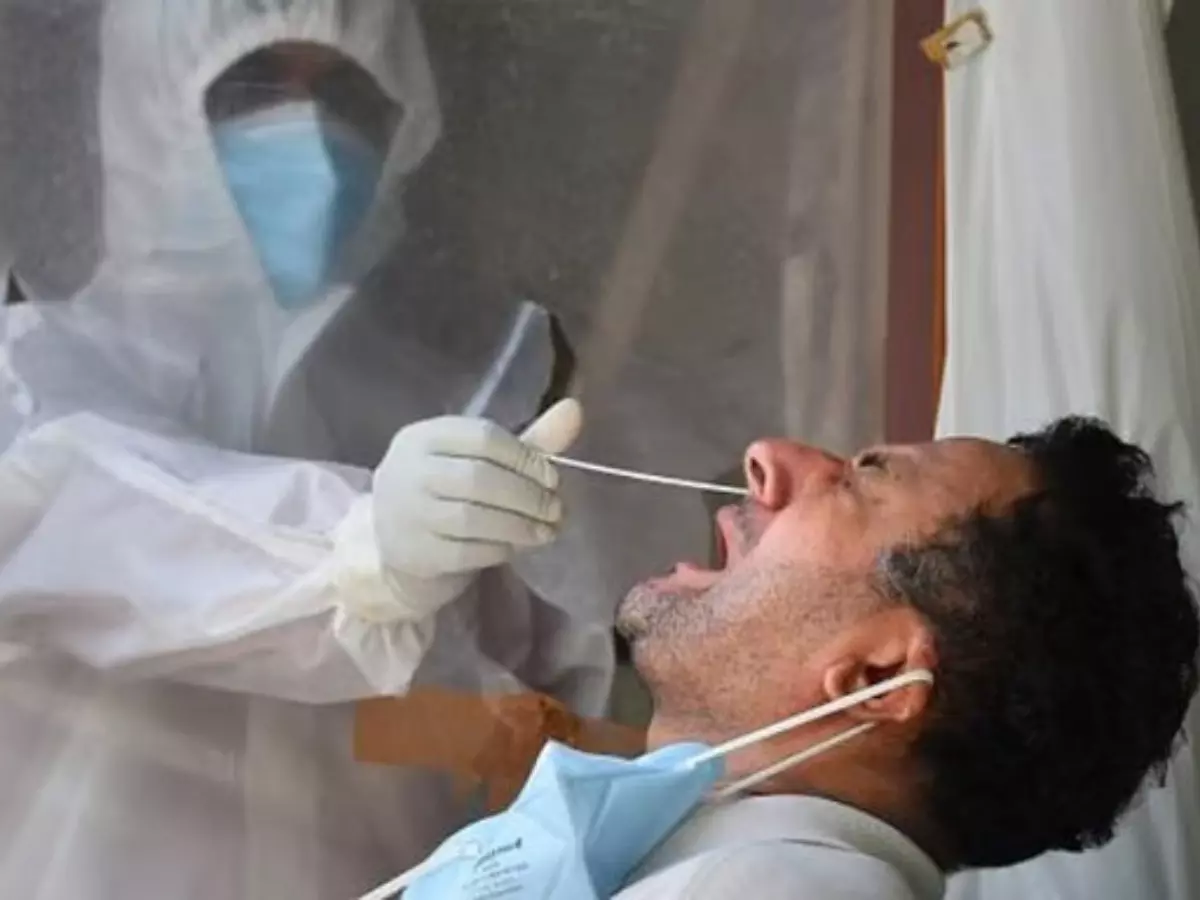COVID-19 resurgence: India reports over 250 infections; experts say current surge is only sporadic cases, know what that means
The fresh cases of COVID-19 in India have crossed the 250 mark, but experts call the current surge only sporadic cases. Know what that means, and do we need an additional booster dose of vaccine? Read more.

After a sudden spike of COVID-19 cases in Southeast Asian countries, including Singapore, Thailand, and Hong Kong, India also witnessed a surge in fresh cases lately. COVID-19 numbers in India have crossed the 250 mark, and amid this, several state governments, including Delhi, Maharashtra, and Andhra Pradesh, issued advisories and urged the general population to take necessary precautions.
However, experts believe that there is no cause for concern after positive coronavirus cases were reported in the country. ¡°The current COVID-19 situation in India is characterised by sporadic cases, which are isolated and rare,¡± says Dr Nasiruddin G., Consultant-Internal Medicine, Fortis Hospital, Cunningham Road.
 COVID-19: Maharashtra, Andhra Pradesh ramp up surveillance | Credit: PTI
COVID-19: Maharashtra, Andhra Pradesh ramp up surveillance | Credit: PTI
But what does 'sporadic cases' mean?
The current COVID-19 cases are more like viral illnesses that tend to flare up periodically after quiet phases, and one of the main reasons behind this is the waning of vaccine immunity among the population over time. This condition is also called immune contraction.
Currently, the sporadic cases are being managed effectively by healthcare systems, and the overall risk remains low. ¡°This means that there isn't a widespread outbreak or surge in cases, but rather occasional, scattered instances of the virus. The situation is being closely monitored, and public health measures are in place to prevent further transmission,¡± adds Dr. Nasiruddin.
¡°Essentially, the situation is under control, with no indication of a large-scale outbreak or community transmission.¡±
One case of the newly emerging COVID-19 variant NB.1.8.1 and four instances of the LF.7 type have been detected in India, according to INSACOG data.
¡ª Orissa POST Live (@OrissaPOSTLive) May 24, 2025
As of May 2025, the World Health Organization (WHO) classifies LF.7 and NB.1.8 subvariants as Variants Under Monitoring, not as¡ pic.twitter.com/qqn3nvJ1Ka
Is it time to get a booster dose of the COVID-19 vaccine?
According to the Singapore health officials, the reason behind the spike in cases is the waning immunity among people, which means that the antibody levels gradually wane, making people susceptible to getting infected by the virus.
Does this mean that we need an additional dose of COVID-19? ¡°With the rise in COVID-19 infections in India, declining vaccine immunity is a major issue. As the vaccine immunity wanes with time, additional shots are required,¡± says Dr. Majeed Pasha, Fortis Hospital, Nagarbhavi, Consultant in Pulmonology, Chest, and Sleep Medicine.
¡°Given the continuous increase, booster dosages should be considered, especially for high-risk populations, including the elderly and concomitant patients. Booster dosages will provide adequate immunity and prevent serious illness,¡± he adds.
Symptoms of the new COVID-19 spread
Most of the infections currently happening are linked to the JN.1 variant of COVID-19. Here are some symptoms of it:
- Fever
- Runny nose
- Sore throat
- Headache
- Fatigue
- Muscle weakness
- Minor stomach issues like nausea
To stay updated on the stories that are going viral, follow Indiatimes Trending.
